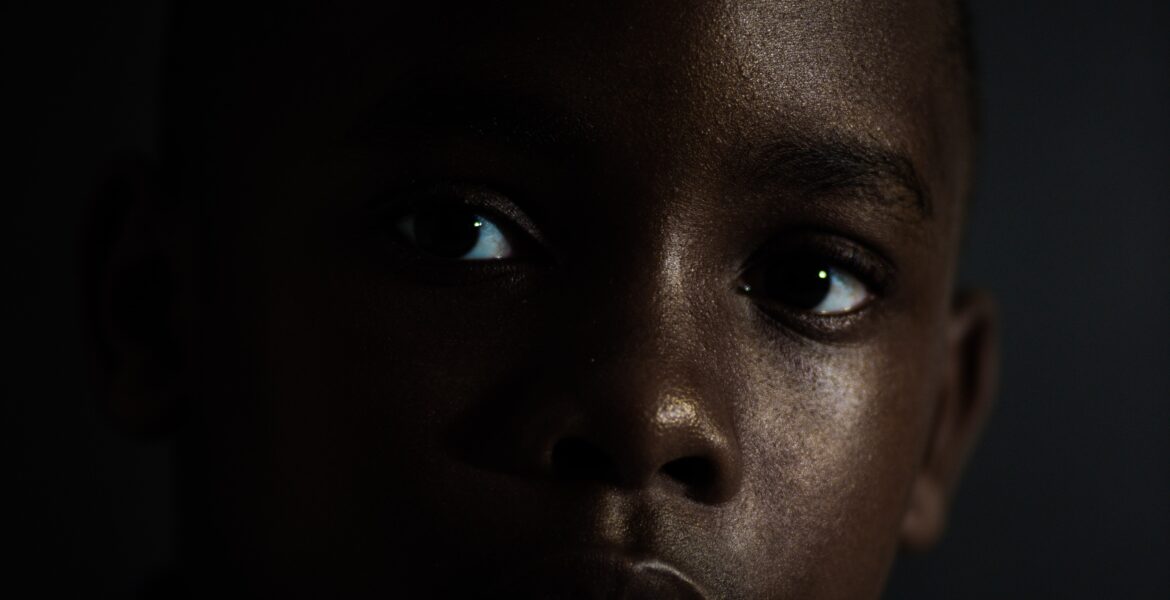- Patriarchal attitudes and gender stereotypes to blame
- 8 out of 10 sexually abused children know their abuser
- 22% of sexually experienced adolescents had a forced first sexual experience
GAZETTE REPORTER
Botswana is lagging behind in addressing issues of Gender-Based Violence (GBV), the Botswana National Relationship Study (2018) has concluded.
The report blames deep-rooted patriarchal attitudes and gender stereotypes regarding the role and responsibilities of men and women in society for the high prevalence of GBV in the country. The study found that 45 percent of men in Botswana believe that in any rape case, there is a need to ask whether the victim was promiscuous, 34 percent of men believe that in some rape cases women want it to happen, and 41 percent of men believe that if a woman does not fight back, it is not rape.
It concluded that addressing norms around masculinity and investing in positive masculinities is needed in order to prevent GBV.
According to a study conducted by the United Nations in partnership with the government, Botswana has not yet adopted a comprehensive gender-responsive budgeting strategy to ensure that sufficient resources are allocated for realisation of women’s rights and safety.
“GBV against women is pervasive across the country, with 37.1 percent of women reporting sexual, physical, emotional and/or economic violence by a partner or non-partner,” it says. “The Botswana National Relationship Study (BNRS) in 2017 found that one in three women experienced some form of GBV in their lifetime.
“The 2013 BAIS IV Study indicated that 24.8 percent of females aged 15–49 who had an early sexual debut (before the age of 15) had not given consent at the time of intercourse. Intimate partner violence (IPV) remained the most prevalent form of GBV with 36.5 percent of women interviewed having experienced IPV and 26.7 percent of men admitting to perpetrating intimate partner violence. Women of reproductive age were more likely to experience IPV and 15 percent of women who have ever been pregnant had experienced GBV during pregnancy.”
The relationship study also found that women with all types of disabilities were two to three times more vulnerable to GBV than men and that the rates were highest among women with functional mobility. The 2018 ALIGHT Botswana study revealed that people with disabilities (including youth and women) are 50 percent more likely to experience violence, including GBV.
Reporting of GBV is low, the report notes, with less than 3 percent of women reporting cases to the police. Cases go unreported because of fear of retribution and victimisation of survivors by perpetrators and the community, as well as low numbers of investigations, prosecutions and convictions of perpetrators.
According to the study, a high proportion of victims withdraw their complaints due to economic dependence on perpetrators, pressure from family and the length of time for cases to appear before the courts. Significantly, the study found that no specific legislation in Botswana criminalises sexual violence and that marital rape is not recognised by law as a criminal offence.
“Although Botswana has adopted the Domestic Violence Act (2008), some of its provisions, including the definition of domestic violence and sexual harassment, are not in accordance with the Convention on the Elimination of All Forms of Discrimination Against Women (CEDAW Convention).” The CEDAW Committee Concluding Observations has noted a “lack of access to justice for women, owing to the ad hoc way in which the transfer of cases from customary courts to civil courts is determined, and the lack of access to legal aid for women living in poverty, women with disabilities and rural women”.
The Customary Courts Act needs to be amended to “introduce a defined system of transfers of civil or criminal proceedings from customary courts to civil courts for cases in which women are discriminated against or their rights are violated”, says the report. However, as of 1st December 2020, GBV-specialised courts where GBV cases are filed as urgent applications began operation at 25 magistrates courts in Molepolole, Gaborone, Francistown, Maun, Palapye and Selebi-Phikwe.
CHILD SEX RIFE IN THE NORTH
The study found that child sexual exploitation is widespread, particularly in Botswana’s northern regions where it was the second most commonly addressed issue (after neglect) for the 611 total calls to the Childline Botswana Crisis Line in 2015.
Eight out of 10 children who are sexually abused know their abuser, as they tend to be family members or friends, neighbours or babysitters and many hold responsible positions in society. Early and child marriage (marriage under the age of 18) continues to be prevalent, and Botswana has been recommended to take all measures necessary to eliminate it.
Adolescent girls and young women experience forced sex (22 percent of sexually experienced adolescents had a forced first sexual experience) and sexual violence (9.3 percent of adolescent girls under 18 experience sexual violence compared to 5.5 percent of boys).
The report says under-reporting of child abuse in Botswana is at the low level of less than 10 percent of victims seeking and receiving help. “Reporting of perpetrators remains low due to distrust in the authorities, stigma, shame and reluctance of families and the general public to report such abuse while children are discouraged from reporting by parents,” it says.




